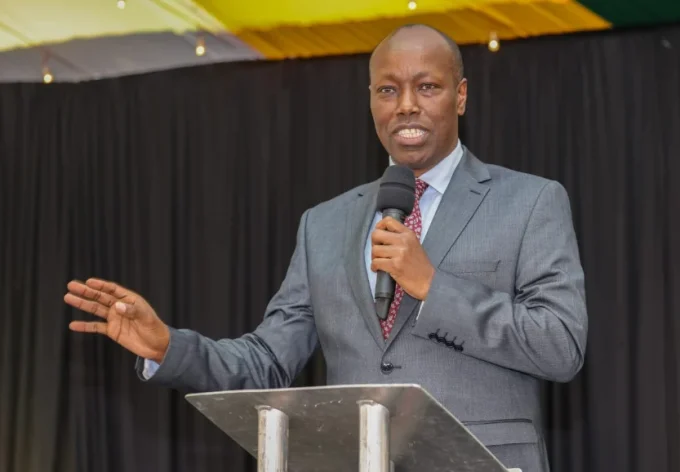The International Criminal Court (ICC) has found the Congolese warlord, Thomas Lubanga, guilty of recruiting and using child soldiers between 2002 and 2003. It is the court’s first verdict since it was set up 10 years ago. He will be sentenced at a later hearing.
He headed a rebel group during an inter-ethnic conflict in a gold-rich region of Democratic Republic of Congo. The prosecution accused him of using children as young as nine as bodyguards, sex slaves and fighters. In a unanimous decision, the three judges said evidence proved that as head of the Union of Congolese Patriots (UPC) and its armed wing, Lubanga bore responsibility for the recruitment of child soldiers under the age of 15 who had participated actively on the frontline.
Lubanga, who was arrested in 2005, has the right to appeal against the guilty verdict on all three war crimes charges. He could face a maximum sentence of life imprisonment. The court cannot impose the death penalty. US-based Human Rights Watch says more than 60,000 people were killed in the conflict between Hema and Lendu ethnic groups in Ituri, in north-eastern DR Congo.
Prosecution criticism
It took the presiding judge Adrian Fulford 30 minutes to deliver the verdict. He said there was a common plan was agreed by Mr Lubanga and his co-perpetrators to build an army for the purpose of establishing and maintaining political and military control over Ituri. “This resulted in boys and girls under the age of 15 being conscripted and enlisted, and used to participate actively in hostilities,” the ICC said in a statement.
“The evidence demonstrated that children endured harsh training regiments and were subjected to hard punishment,” AFP news agency quotes Judge Fulford as saying. But the judge was also very critical of the prosecution’s initial investigation, saying the intermediaries it had used in Ituri had led to unreliable evidence.
This had cost the court time and expense, he said. The BBC’s Anna Holligan in The Hague says the guilty verdict means victims and their families will now be entitled to reparations from the court.
Anneka Van Woudenberg from Human Rights Watch said steps should also be taken to bring Mr Lubanga’s co-accused before the court, including General Bosco Ntaganda, who is now general in the Congolese army.
“Surely it cannot be permitted that he continues to remain at large, living in Goma in full view of the international community when these kind of charges are hanging over his head?” she told the BBC’s Network Africa programme.
Legal precedents
Amnesty International said the conviction of the Congolese rebel leader showed the ICC could bring the world’s worst offenders to justice.
“It will help to strip away the impunity they have enjoyed for crimes under international law because national authorities have consistently failed to investigate these crimes. This guilty verdict demonstrates that the ICC can step in to bring them to justice,” Michael Bochenek, from the UK-based group said in a statement.
As well as being the ICC’s first verdict, the Lubanga case is also the first international trial focusing on the use of child soldiers. Analysts say it could set legal precedents for others accused of similar crimes. The ICC issued its first arrest warrant in 2005 against the Ugandan rebel leader, Joseph Kony, who remains at large.
His Lord’s Resistance Army is accused of committing atrocities in several central African countries. Others ICC suspects include Saif al-Islam Gaddafi, the son of the former Libyan leader, and several members of the Sudanese government, including President Omar al-Bashir.
















































![Pula Co-Founders and Co-CEOs, Rose Goslinga & Thomas Njeru. Pula provides agricultural insurance and digital products to help smallholder farmers manage climate risks, improve farming practices and increase their incomes. [ Photo / Courtesy ]](https://businesstoday.co.ke/wp-content/uploads/2021/01/Pula-Co-Founders-and-Co-CEOs-Thomas-Njeru-Rose-Goslinga.jpg)




























































Leave a comment